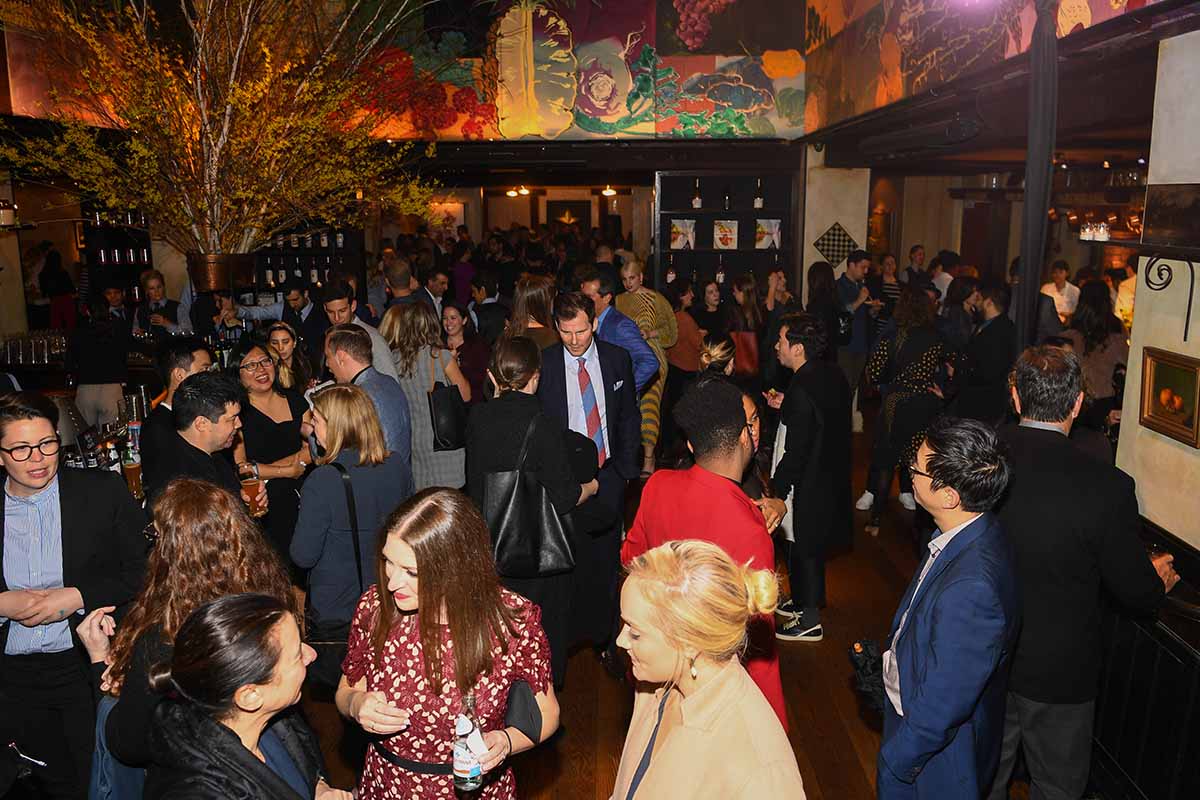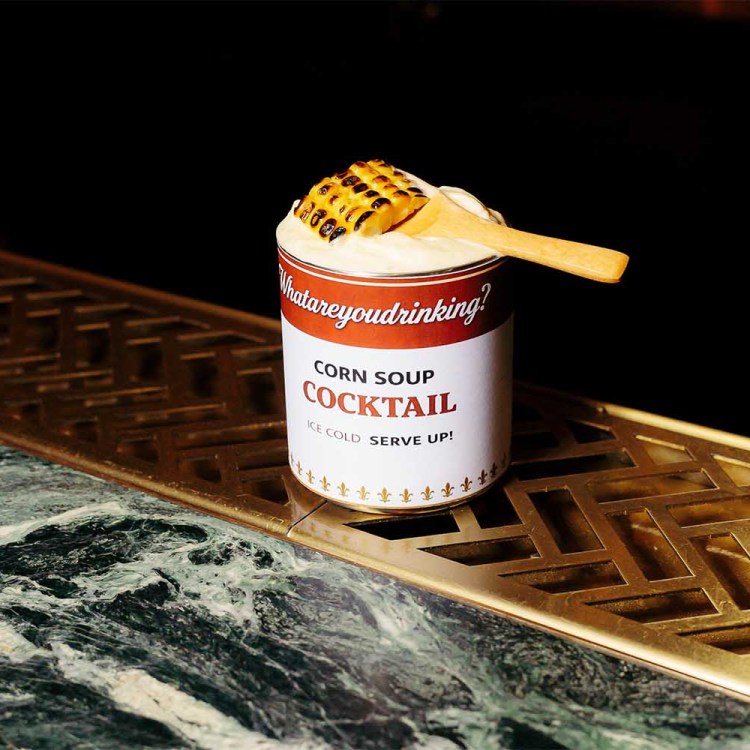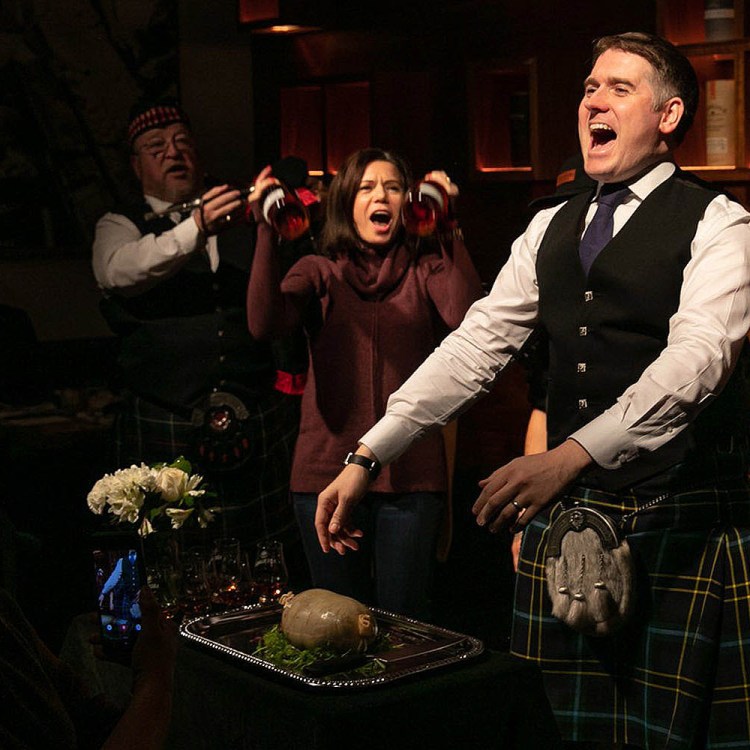Tipping is more of a custom (and a financial necessity) in the United States than in most of the rest of the world.
And it looks like it may stay that way for a little longer. Restaurateur Danny Meyer has pulled back from his no-tipping model at his Union Square Hospitality Group chain of restaurants, according to the New York Times.
Meyer had originally ended tipping while also raising menu prices in 2015, with the idea of raising wages and reducing unequal pay. “Because our country has a longstanding tradition where a server’s income is determined by guests’ tips rather than a weekly salary set by the restaurant,” he wrote before the no-tipping practice began, “we are at a disadvantage when it comes to recognizing and promoting outstanding service.”
The backpedal is due to (surprise) COVID-19. Meyer had to let go 95 percent of his staff when the pandemic started; as he’s reopened venues recently, he’s hoping a tipping model can do more to help.
“We don’t know how often people will be eating out, we don’t know what they are going to be willing to pay,” he tells the Times. “We do know that guests want to tip generously right now.”
As the paper notes, the abandoned Hospitality Included program had its pros and cons. Some staff, used to higher wages via tips, were discouraged and left. But it also equalized and stabilized pay between front- and back-of-house employees, who were legally unable to share in the tipping system (a law that Meyer is now trying to reverse). And most, though not all, restaurants that attempted a similar no-tipping model reversed course.
With the traditional system back in place, Meyer says he’ll institute a revenue-sharing system for back-of-house employees, so their compensation will go up 20 to 25 percent.
Subscribe here for our free daily newsletter.
Every Thursday, our resident experts see to it that you’re up to date on the latest from the world of drinks. Trend reports, bottle reviews, cocktail recipes and more. Sign up for THE SPILL now.



















